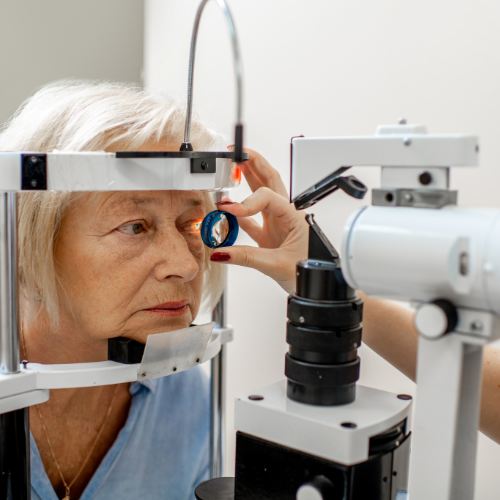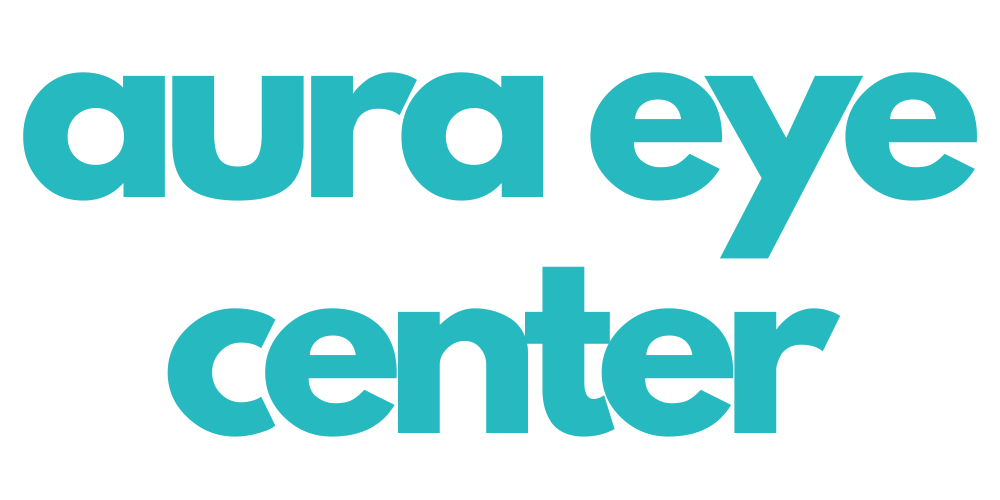When should your children get their eye exam? Reasons Why

The American Optometric Association (AOA) advises that infants undergo their initial detailed eye examination with an Optometrist when they are six months old. It’s typically suggested to have an examination between birth and two years if there’s any indication of an issue or a known family history of eye problems. After that, children should have further eye exams at the age of three, and again right before they start kindergarten or first grade, around the ages of five or six.
Early and annual eye exams for children are crucial for several important reasons:
1. Early Detection of Vision Problems: Children may not realize they have a vision problem and thus might not complain about their sight. Early eye exams can detect issues like nearsightedness, farsightedness, or astigmatism.
2. Impact on Learning: Vision problems can significantly impact a child’s learning and academic performance. Poor vision can make reading, writing, and other visual tasks challenging, leading to academic struggles.
3. Developmental Delays: Proper vision is essential for overall development. Poor vision can delay milestones in areas such as motor skills, hand-eye coordination, and cognitive development.
4. Screening for Eye Diseases: Some serious eye diseases, like amblyopia (lazy eye) or strabismus (crossed eyes), are more easily treated when caught early. Regular exams ensure these conditions are identified and managed promptly.
5. Updating Prescriptions: For children who already wear glasses or contact lenses, annual exams are necessary to adjust prescriptions as their vision changes.
6. Health Indicators: Eye exams can also reveal signs of other health issues, such as diabetes or high blood pressure.
7. Habit Formation: Regular eye exams from a young age instill good eye health habits, emphasizing the importance of vision care throughout life.
8. Social and Emotional Development: Vision problems can affect a child’s social interactions and self-esteem, especially among peers. Adequate vision care helps promote confidence and social well-being.
These reasons highlight the importance of not overlooking eye health in children’s overall care and development.
For all your vision care needs, book your appointment today.



